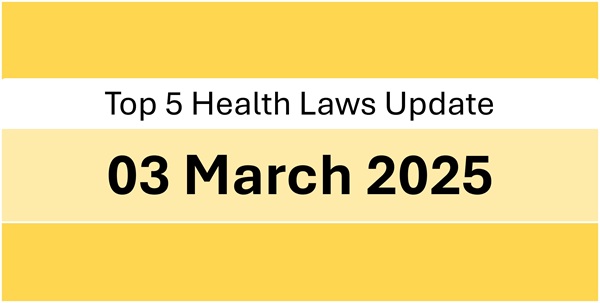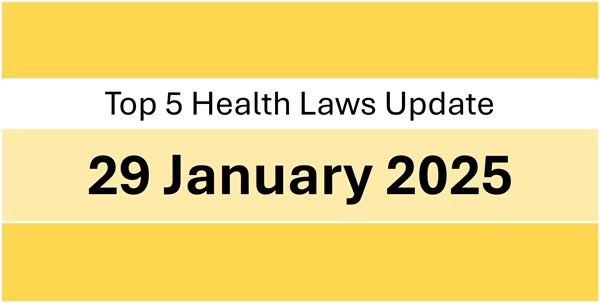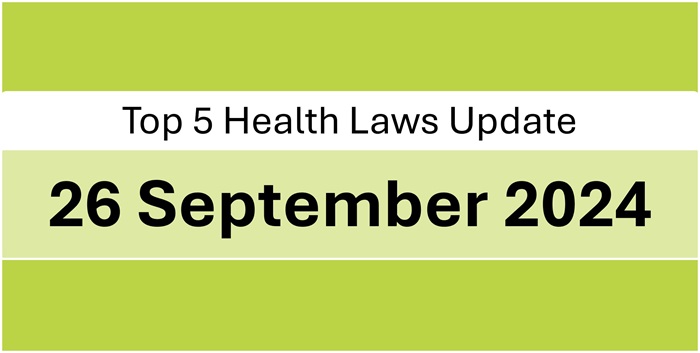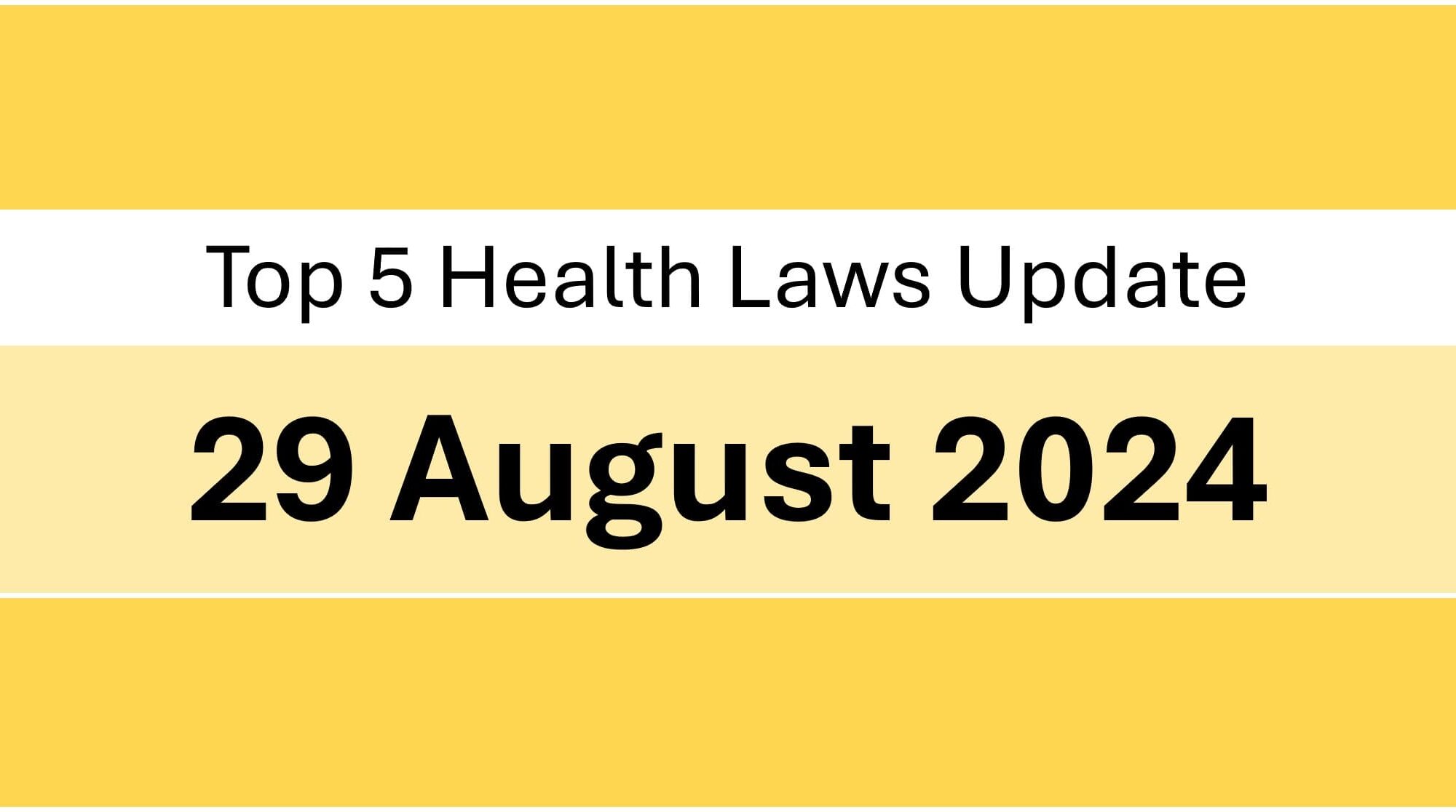Dear Readers, we are happy to share the most interesting legal and policy updates concerning health industry that we read today. we hope you enjoy reading it.
1. Various State Pharmacy Councils are reportedly planning to issue notices to pharmacists who work in medical shops that advertise discounts through physical discount boards, warning them that working in such shops is unethical and illegal, and may result in cancellation of registration.
Source: bit.ly/4h0LByd
2. India’s Supreme Court has stayed the Kerala High Court order which had directed Central Government to continue to support a patient suffering from rare disease, even after the medical expense of the patient crossed the Rs. 50 lakh limit imposed by The National Policy for Rare Diseases.
Source: bit.ly/41B8zHE
3. Beverage manufacturers will have to use rigid plastic packaging such as PET bottles that contain at least 30% recycled plastic content. India’s Ministry of Environment had introduced this requirement as part of Extended Producer Responsibility (EPR) for plastic producers.
Source: bit.ly/4hVwTts
4. State Drug Controllers are reportedly finding it difficult to prosecute drug manufacturers based in other states who manufacture substandard drugs because information required for prosecution is not readily made available by State Licensing Authority of State in which the manufacturer is located.
Source: bit.ly/4h5WvTj
5. India’s Central Drug Regulator (CDSCO) is reportedly planning to simplify Export No Objection Certificate (NOC) issued for unapproved drugs, by removing buyer and quantity-specific limitations, based on the exporting company’s export history. This may improve regulatory efficiency and ease manpower strain.
Source: bit.ly/3F3Tdm6





